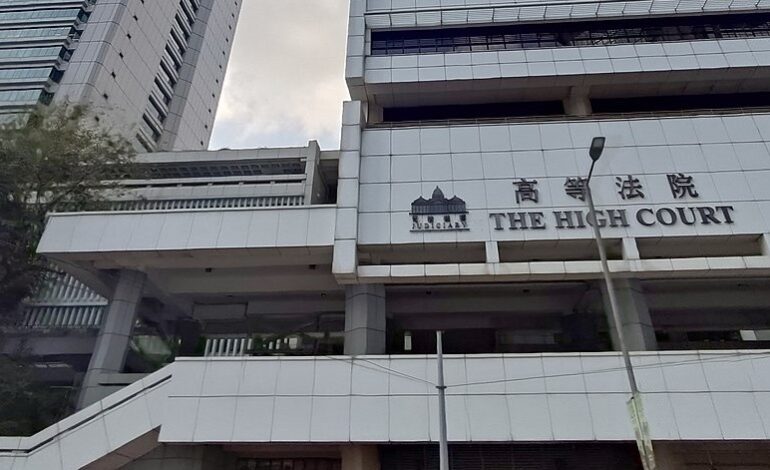Hong Kong Court Declares Sex-Segregated Toilets Unconstitutional

A Hong Kong court ruled on Wednesday that the segregation of public toilets based on biological sex is unconstitutional, significantly impacting the rights of transgender individuals. The ruling, delivered by Judge Russell Coleman, found that such segregation disproportionately interferes with the privacy and equality rights of transgender persons. The court has instructed the Hong Kong government to reassess its regulations regarding gender recognition and access to public conveniences within a twelve-month period.
In reaching this decision, the court acknowledged a past ruling from the city’s highest court, which deemed the segregation by biological sex at birth unconstitutional. This earlier ruling set a precedent that influenced the current case, focusing on the legal recognition of transgender rights. The dispute primarily centered on whether the court could implement a suitable remedial construction to the existing statute.
Tim Parker, Senior Counsel representing the applicant, argued that the law should reflect the lived experiences of transgender individuals. He proposed that those who have been certified by a psychiatrist through a gender identity letter should be allowed to use public toilets corresponding to their identified gender. Judge Coleman, however, rejected this suggestion, asserting that it is the responsibility of the government and legislature—not the judiciary—to define the legal boundaries regarding gender.
Additionally, the court dismissed a government proposal to use the gender marker on Hong Kong Identity Cards (HKID) as a basis for public convenience access. Judge Coleman expressed concern that this approach could blur the lines between government policy and legal recognition. He emphasized that the gender marker on an HKID card does not conclusively determine a person’s gender or their associated legal rights.
The judicial review arose in relation to a criminal offense under the current law, which prohibits individuals from using public washrooms designated for the opposite sex. In January 2023, the applicant challenged the existing segregation practices, arguing that they violate the rights to equality and privacy for transgender individuals.
Local advocacy group Quarks welcomed the ruling, urging the government to eliminate discriminatory statutes and legislate for comprehensive gender recognition. Quarks has been vocal in its support for transgender rights and has called for reforms that acknowledge and protect the dignity of all individuals.
This ruling follows a significant decision by the city’s top court in February 2023, which found that requiring full sex reassignment surgery to change the gender marker on HKID cards was unconstitutional. The court determined that mandating such invasive procedures was disproportionate, as they may not be necessary for all transgender individuals seeking treatment for gender dysphoria.
In response to evolving legal standards, the Hong Kong government updated its policy in April 2024, allowing pre-operative transgender individuals to change their gender entry on HKID cards. Despite this progress, the policy still requires applicants to have undergone two years of hormonal treatment and to submit blood test reports to reflect their identified gender.
As the government prepares to review its regulations, the implications of this ruling could lead to significant changes in how transgender rights are recognized and protected in Hong Kong, paving the way for greater equality and privacy for all individuals.






